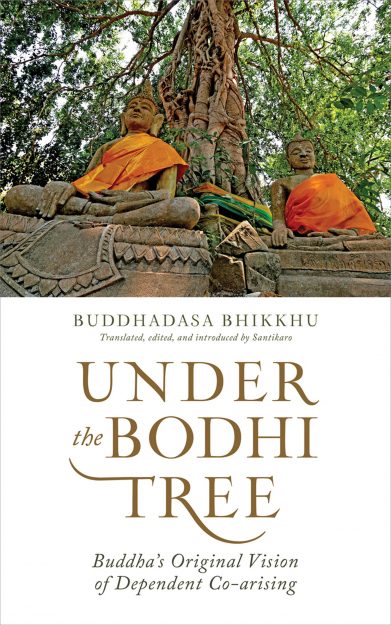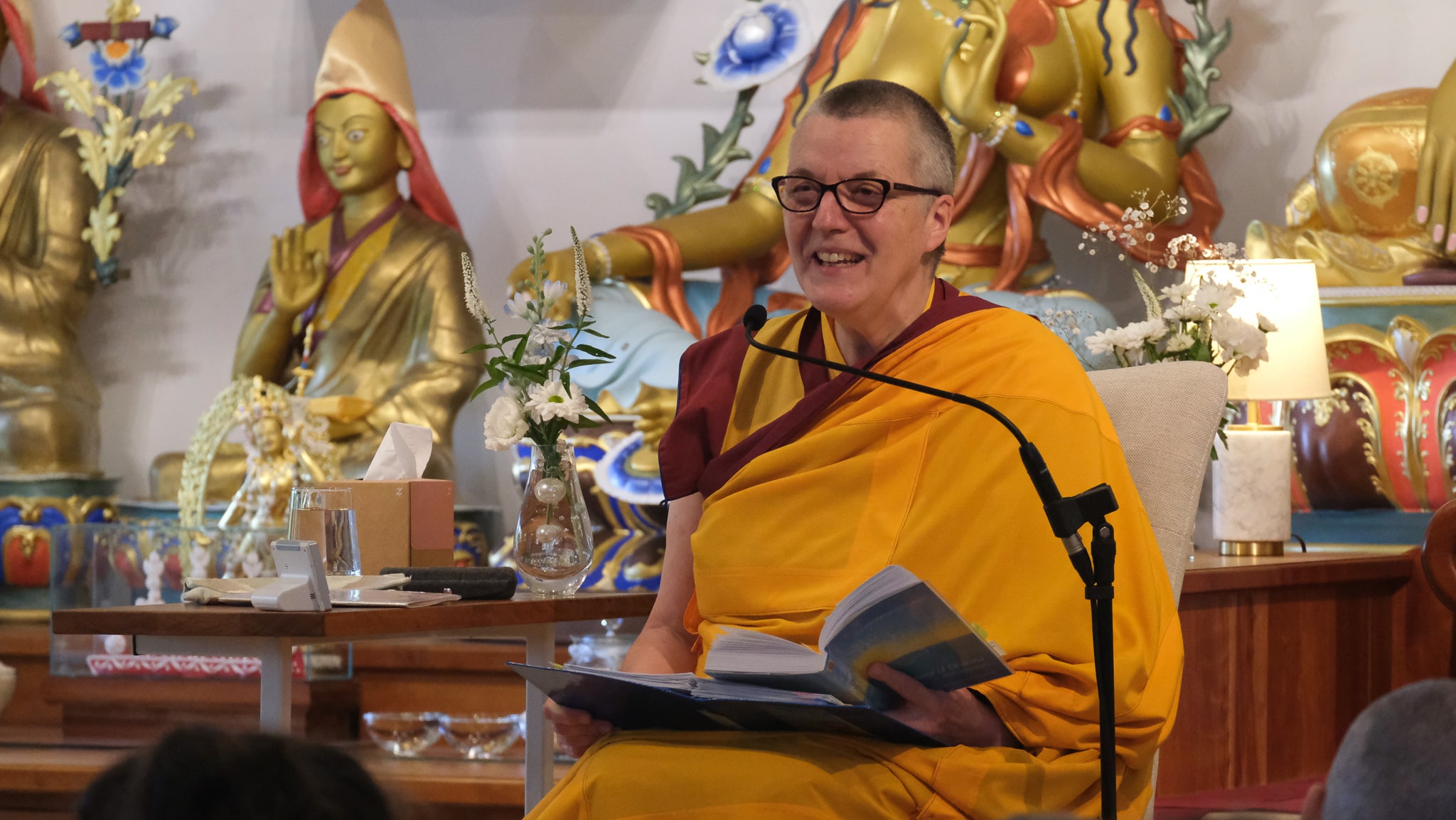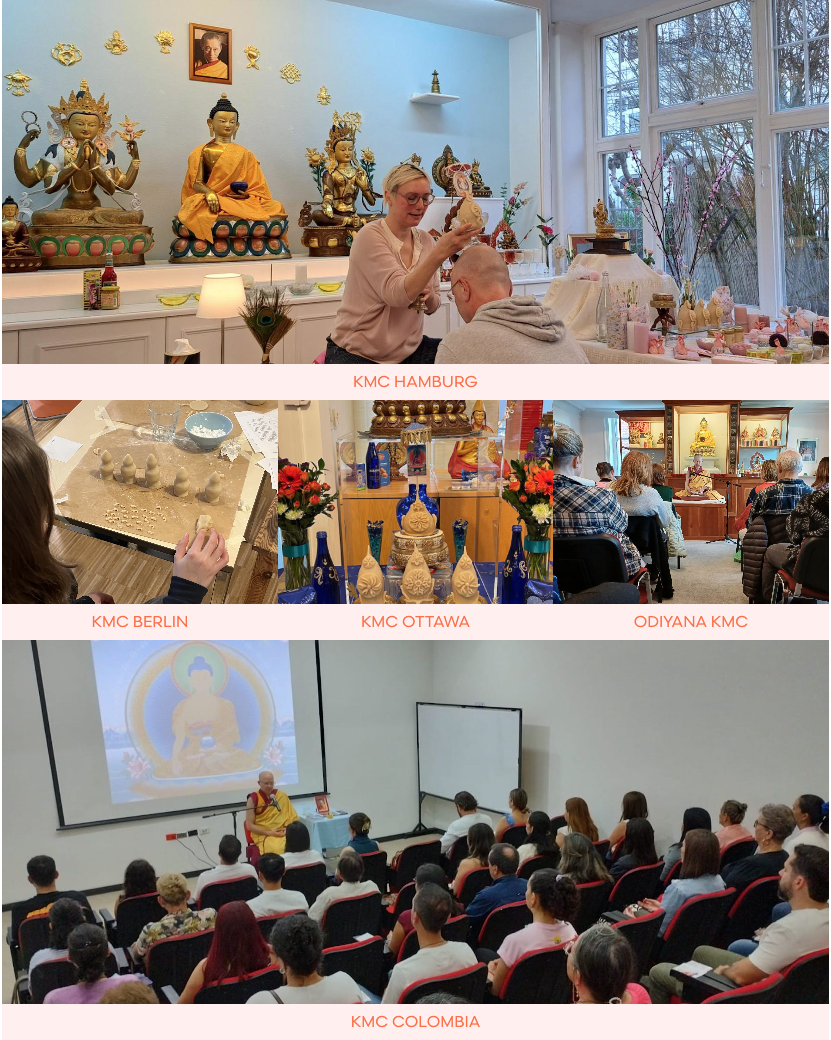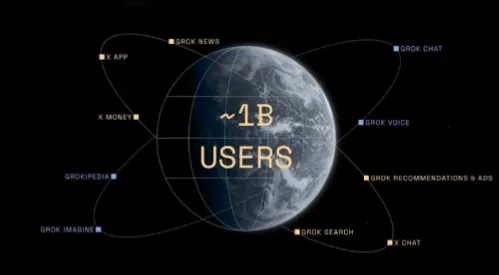The Hidden Fish Bones of Happiness
The late Thai monk and philosopher on the true nature of attainment and suffering. The post The Hidden Fish Bones of Happiness appeared first on Tricycle: The Buddhist Review.

The late Thai monk and philosopher on the true nature of attainment and suffering.
By Buddhadasa Bhikkhu Jul 15, 2025 Image via Jevgenija Cernova-Zukova / Alamy Stock Photos
Image via Jevgenija Cernova-Zukova / Alamy Stock PhotosIs it worth being a happy person? Is it worth being an unhappy person? There will be a forest of raised hands here, all asking to be happy people. On the other hand, those who have been happy, who have fully experienced the happiness others are clamoring for, will shake their heads. They know that the happy person endures the dukkha of happiness. You may not understand this point, so let me repeat: people who are happy must experience the dukkha of happy people. You must notice that worldlings assume, establish, and attach to the conventions concerning the nature of happiness. One who has money, power, influence, wealth, all the sensual pleasures, and other such things is a happy person. But if we look closely, we will see that there is a kind of dukkha appropriate to happy people. These kinds of happiness have hidden “fish bones” in them.
Even with the more subtle forms of happiness that arise from concentration (samadhi), the meditative “attainments” (samapatti), and the meditative absorptions (jhanas), if the feeling that “I am happy” arises, then it too will form a “fish bone” in the flesh of that happiness and will stick in one’s throat. Those who grasp at and cling to the happiness of the jhanas and attainments suffer accordingly.
The happy person endures the dukkha of happiness.
Consequently, there is the teaching of renouncing lust for form (rupa-raga) and lust for the formless (arupa-raga), which are the first two of the higher fetters (samyojana) that prevent people from being Arahants. If there is clinging to the idea that we have happiness, even if it’s the happiness that arises from dhamma, there will still be a refined kind of “fish bone” sticking in the throat, and the true dhamma cannot be discerned.
Grasping at nibbana as being “my self ” or “my happiness” is impossible. One may say, if one wishes, that nibbana is the supreme happiness, and then attach to nibbana as being “I” or “mine.” One may say, “I have the happiness of nibbana” or “I have attained nibbana.” But these are mere verbalizations. In fact, one who still grasps and clings cannot possibly realize nibbana. If anyone takes himself to be the enjoyer of nibbana’s happiness, that can only be a counterfeit nibbana. True nibbana is not of a nature that can be grasped at in this way.
So we pursue many types of happiness—from that of children, through the happiness of youth, of adults, of the elderly, of the powerful and influential, on up through the happiness of being a deva, of having meditative absorptions and attainments—until we reach whatever we believe to be the highest happiness. If we ever delusively consider that “I am happy,” we must suffer accordingly. Those who have realized the truth see this fact. Those who have not are in turmoil, ambitiously and hungryly striving for wealth, power, and sense pleasures. Or, on a higher level, they are greedily striving for insight, meditative absorptions, and attainments. Some push so hard they end up in mental hospitals. That in itself demonstrates the danger of grasping and clinging to happiness. Young children will not understand this point, but those advanced in years should.
◆
© 2017 by Ajahn Buddhadasa, Under the Bodhi Tree: Buddha’s Original Vision of Dependent Co-arising. Reprinted by arrangement with Wisdom Publications.
![]()
Thank you for subscribing to Tricycle! As a nonprofit, we depend on readers like you to keep Buddhist teachings and practices widely available.
This article is only for Subscribers!
Subscribe now to read this article and get immediate access to everything else.
Already a subscriber? Log in.

 Lynk
Lynk 
































